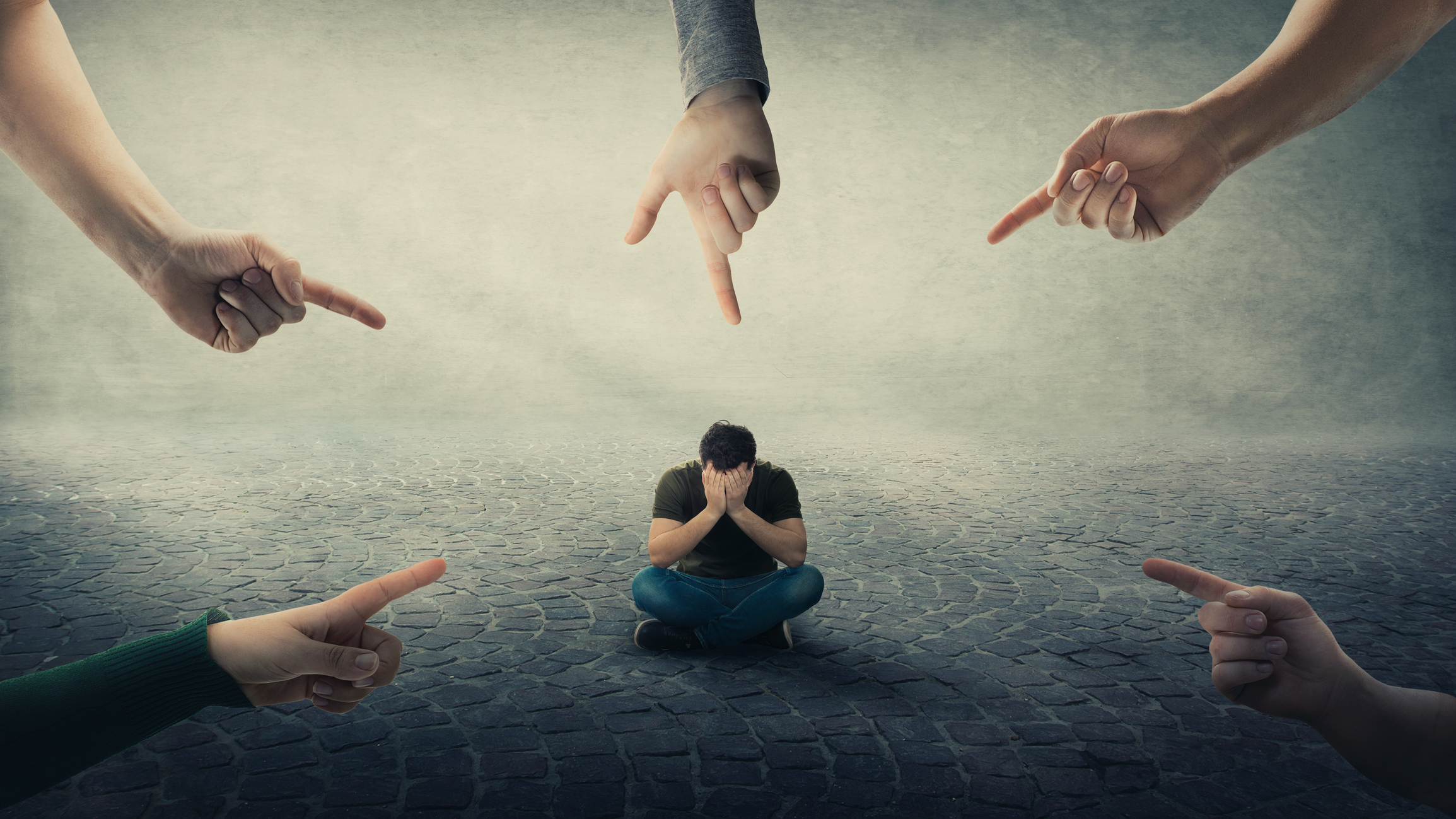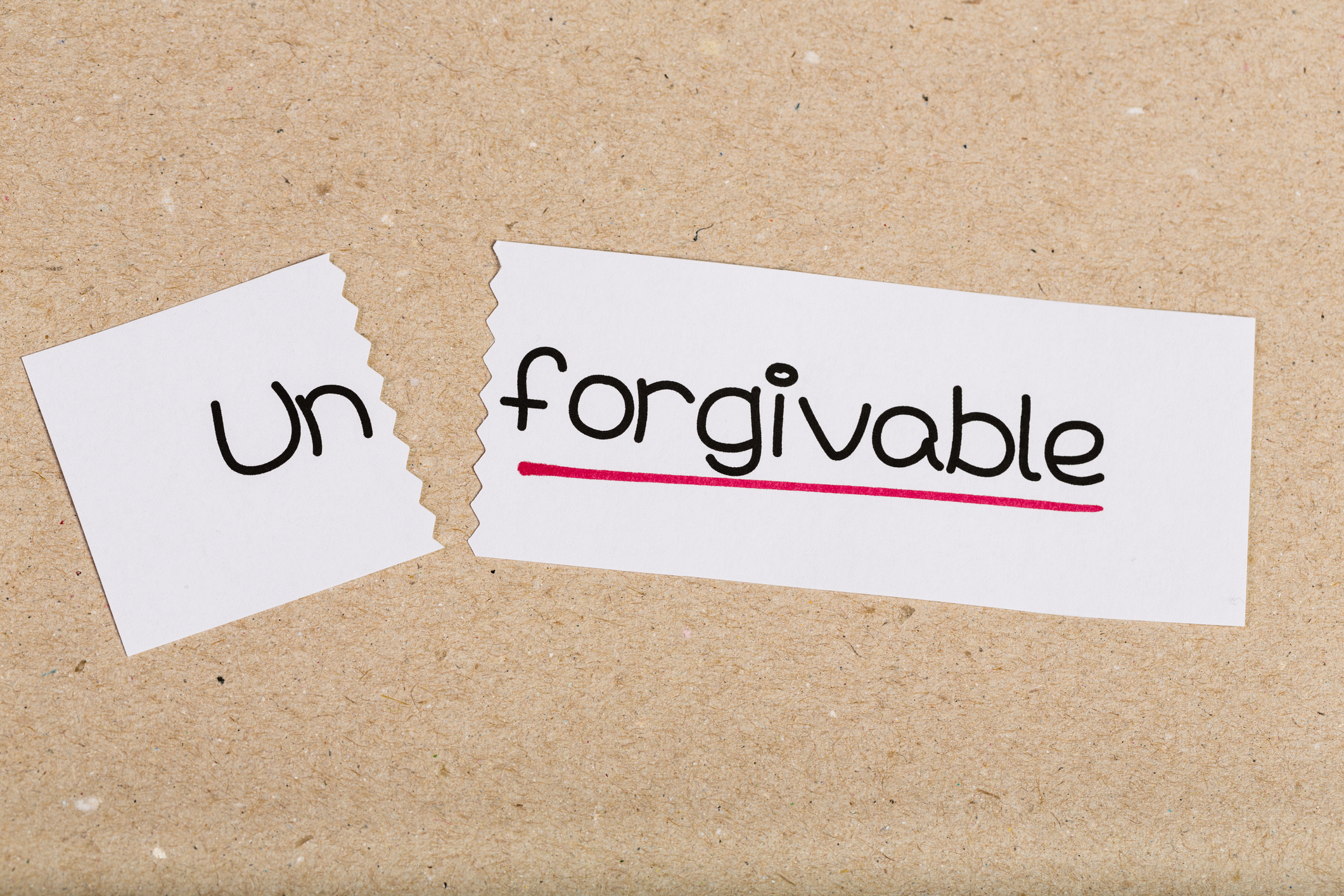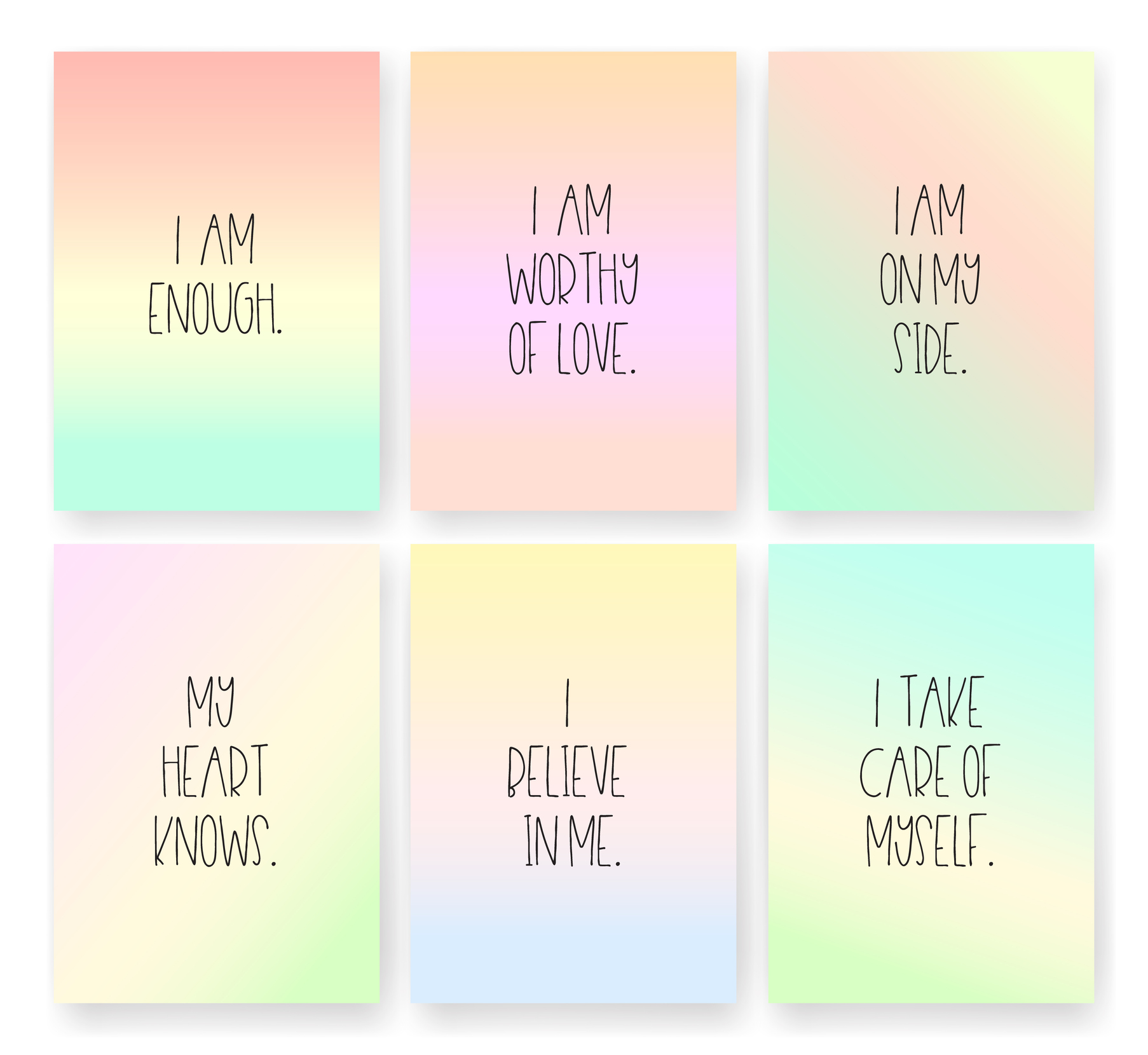When we are hurt, hearing I’m sorry helps ease our pain. But does it? What if you never hear I’m sorry? How does that affect us and why do some people refuse to say those simple words?
Sometimes, The Hurt is Deep
I was recently in a situation where I was crushed, ashamed and disappointed, all in one fell swoop. The moment only lasted minutes, but the pain is still fresh weeks later, stuck on repeat in my mind. In the chaos of it all, I have forgotten the barrage of hateful insults, perhaps suppressing them, perhaps only remembering the most hurtful. But in it all, the most painful was that no one stood up for me. Even the person I trusted most.
These are the kinds of things that are difficult to forgive, no matter how many times you hear I’m sorry. But what if those words never come? What if you ask for an apology, only to be told they had nothing to apologize for?
Why Some Refuse to Say I’m Sorry
To say I’m sorry is to say “I did something wrong”. To be able to admit that we’ve done something wrong requires a certain level of self-esteem. Look at it this way. People that have deeply engrained insecurities have a difficult time apologizing because it reveals they made a mistake. And that revelation will destroy their self-worth.

Admitting an error in judgement triggers their feelings of inadequacy. In these types of people, an apology is unthinkable. For someone with damaged self-worth, saying I’m sorry jeopardizes the false narrative they have constructed about themselves. And that’s not a risk they willing to take. They’ll twist the story, change the way it happened and convince themselves to believe their own lies.
Childhood Triggers
An article from Psychology Today says sometimes the un-apologist has triggers from unresolved childhood events. “As adults, such people tend to go in one of two directions: Either they apologize for everything, even things they haven’t done, or they refuse to apologize for anything, even things they have done. For those that end up the latter, they decide, consciously or unconsciously, that they will never again accept blame of any kind.”
Complete Lack of Empathy
But there’s also the person who refuses to apologize because they lack empathy. These are the people who cannot feel others’ pain. This person didn’t mean to hurt me, so technically it wasn’t their fault. Even though I am still hurting I will never get that heartfelt apology, because the “heartfelt” piece is missing.

The Non-Apology, Apology
Ah, yes. Then there’s the non-apology, apology. Some of those non-empathetic folks do apologize, but it sounds something like this, “I’m sorry it made you feel that way”. I don’t know about you, but that makes me more incensed than a lack of apology itself. It’s a slap in the face, frankly. A true admission of a complete disregard of your feelings.
So, Why Do I Need to Hear “I’m Sorry”?
In your mind, you think that hearing those magic words will ease the pain in your heart and suddenly all will be right with the world again. But simply saying I’m sorry doesn’t work if there are no changes made.
Actions speak louder than words. Let’s read that again. Actions speak louder than words. Even though you are craving to hear I’m sorry, what you really want is someone who will accept responsibility and make the changes necessary to win back your trust and respect. Without this, your relationship becomes toxic. And that’s not food for your soul.
Stay Confident in Your Self-Worth

There will be times when an apology is just not enough. Or maybe, too many apologies without action is the tipping point you need to remember that you are a kind, loving, empathetic person who deserves the same in return.
You are enough. You are worthy of love. Demand it. And if the other person cannot show you they are to be trusted again, maybe, just maybe, it’s time to ditch the apology and say goodbye.


